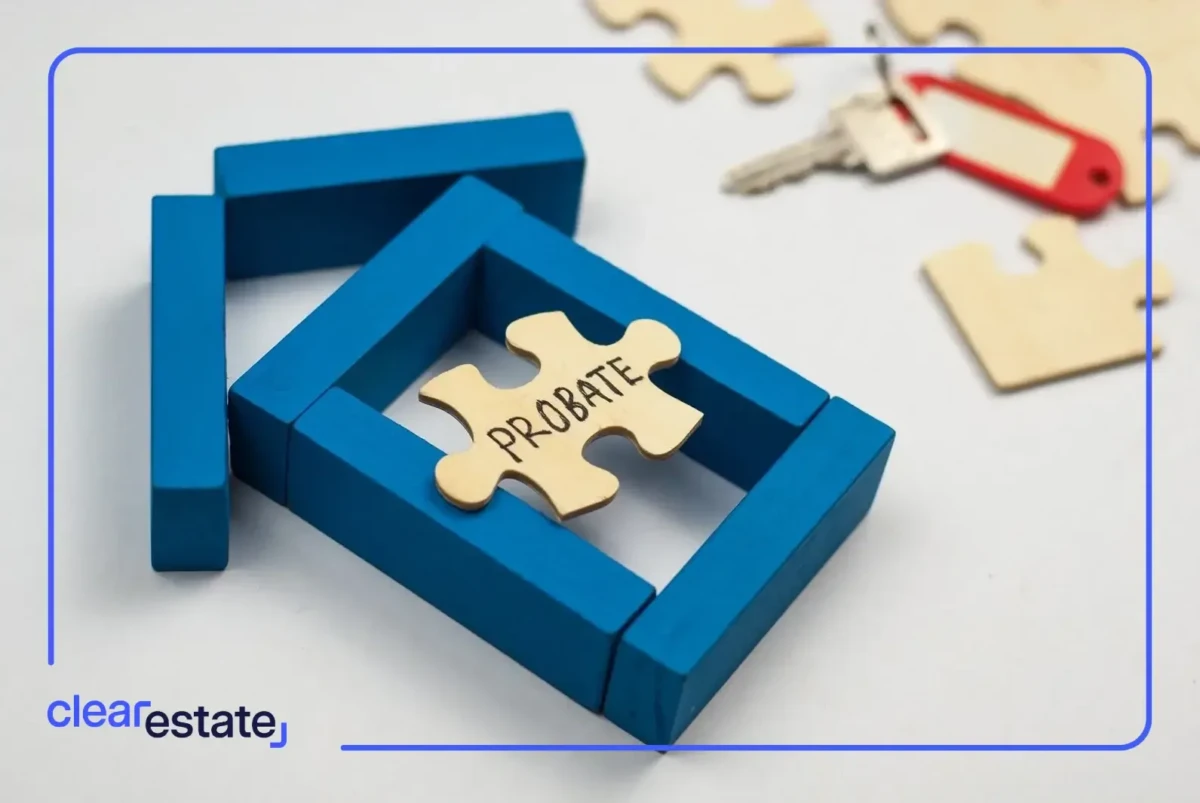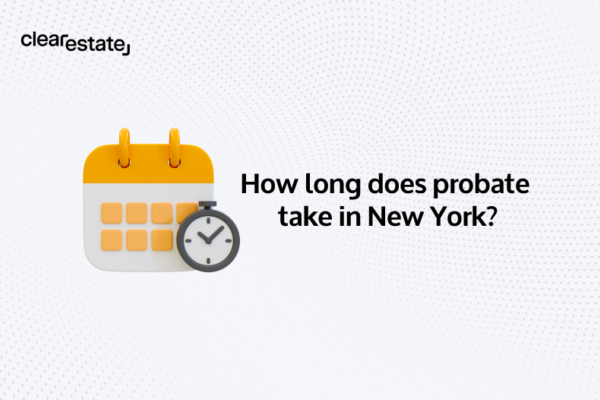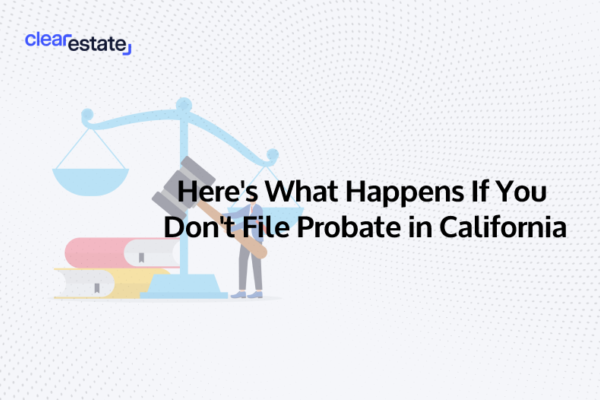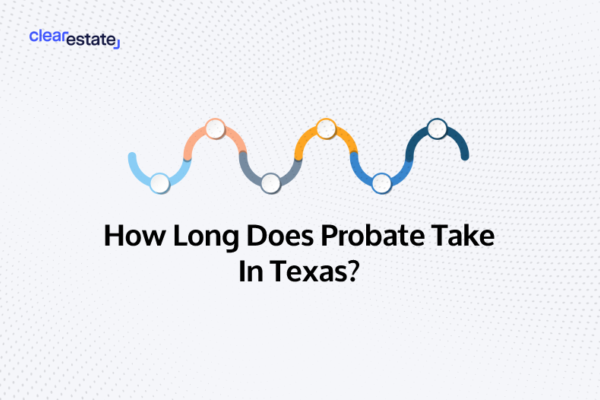Find the appropriate probate court
The first step of going through probate requires you to ensure you’re applying for probate in the right place. You’ll have to file for probate in the province or territory where the deceased person was living at the time of their death.
Keep in mind that each province’s rules, approval body, process, and costs will differ. And since we’re on that subject, a quick note on costs: Probate is not free. You’ll have to pay probate fees or estate administration tax to the provincial or territorial government.
Probate fees are dependent on the size of the estate and on the state or province where the probate process is being conducted. Some Canadian provinces, like Alberta, charge as little as $35 for estates under $10,000, while some charge significantly higher. In Ontario, for instance, an estate worth $250,000 might rack up fees well over $3,000. Québec, on the other hand, charges no probate fees. In California, probate courts charge 4% of the first $100,000 of the estate. In Arizona’s Maricopa County, on the other hand, the court filing fees typically range from $266-$320.





